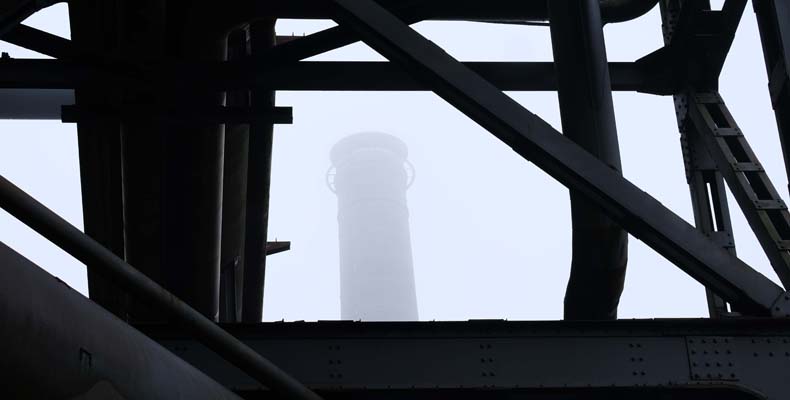European steel industry faces crisis: Eurofer calls for immediate EU action
by David Fleschen

The European steel industry is at a tipping point, with production cuts and plant closures underscoring the urgent need for intervention. The European Steel Association (EUROFER) has warned that without decisive action from the EU and Member States, Europe risks losing its manufacturing base and the ability to lead a green industrial transition.
EUROFER is calling for the swift adoption of a European Steel Action Plan as part of an EU Clean Industrial Deal, highlighting that delays could lead to irreversible damage across the steel sector and its dependent industries.
Declining production and job losses highlight crisis
The European steel sector has faced significant challenges in recent years:
- Global steel overcapacity reached 551 million tonnes in 2023—four times the EU’s annual production—with projections of a further 157 million tonnes of carbon-intensive capacity by 2026.
- EU steel production dropped by 34 million tonnes since 2018, falling to 126 million tonnes in 2023. Imports now account for 27% of the EU market.
- Nearly 100,000 steel jobs have been lost in the past 15 years, with more layoffs looming.
- Capacity utilization in EU steel plants has sunk to an unsustainable 60%.
“This isn’t just about steel; it’s about the entire value chain—from automotive to renewable energy—that relies on it,” said Axel Eggert, Director General of EUROFER. “Europe risks total dependence on global competitors like China and the US, where industries operate under far more favorable conditions.”
Key proposals for a European Steel Action Plan
To combat the crisis, EUROFER has outlined critical measures:
- Trade Defence Enforcement – Strengthening EU trade measures to counter the impact of global steel overcapacity and unfair practices, supported by a robust tariff system.
- Effective CBAM Implementation – Ensuring the EU’s Carbon Border Adjustment Mechanism (CBAM) prevents circumvention and resource shifting while protecting EU steel exports.
- Affordable Clean Energy – Passing the benefits of renewable and low-carbon electricity directly to industrial consumers to reduce production costs.
- Retaining Steel Scrap in Europe – Prioritizing steel scrap for the EU circular economy to support decarbonization and energy security.
The stakes: slimate leadership and economic resilience
EUROFER warns that without swift intervention, Europe’s industrial and climate ambitions could falter. "The clock has already struck midnight," Eggert stated. “This is about Europe’s resilience, prosperity, and climate leadership. We need bold, immediate measures rather than incremental fixes.”
Eggert emphasized the association’s readiness to collaborate with the new European Commission to address the crisis. "We must act decisively to safeguard our manufacturing base and ensure Europe can compete on the global stage while leading the green transition," he concluded.
Source: Eurofer, Photo: Fotolia

